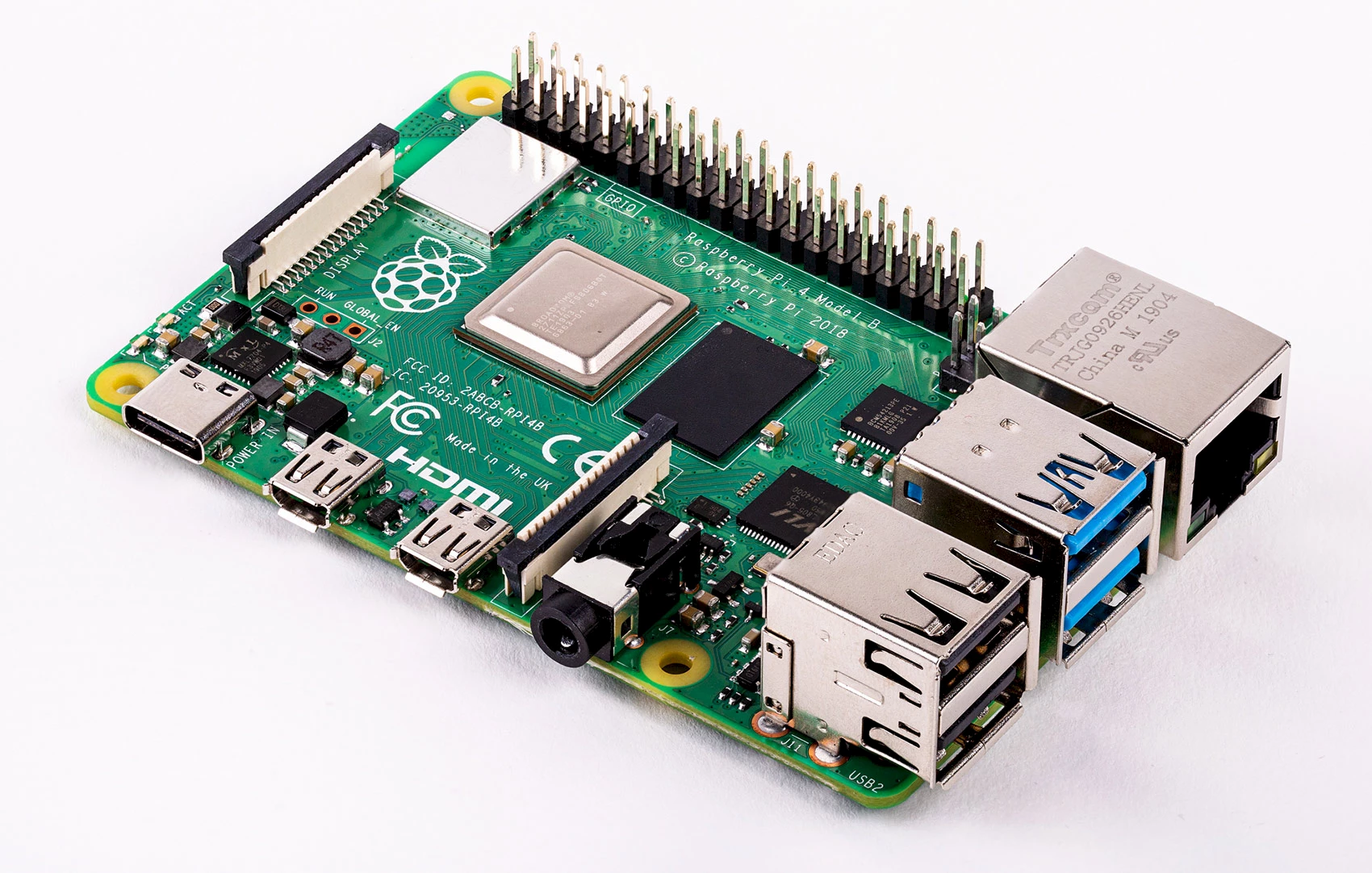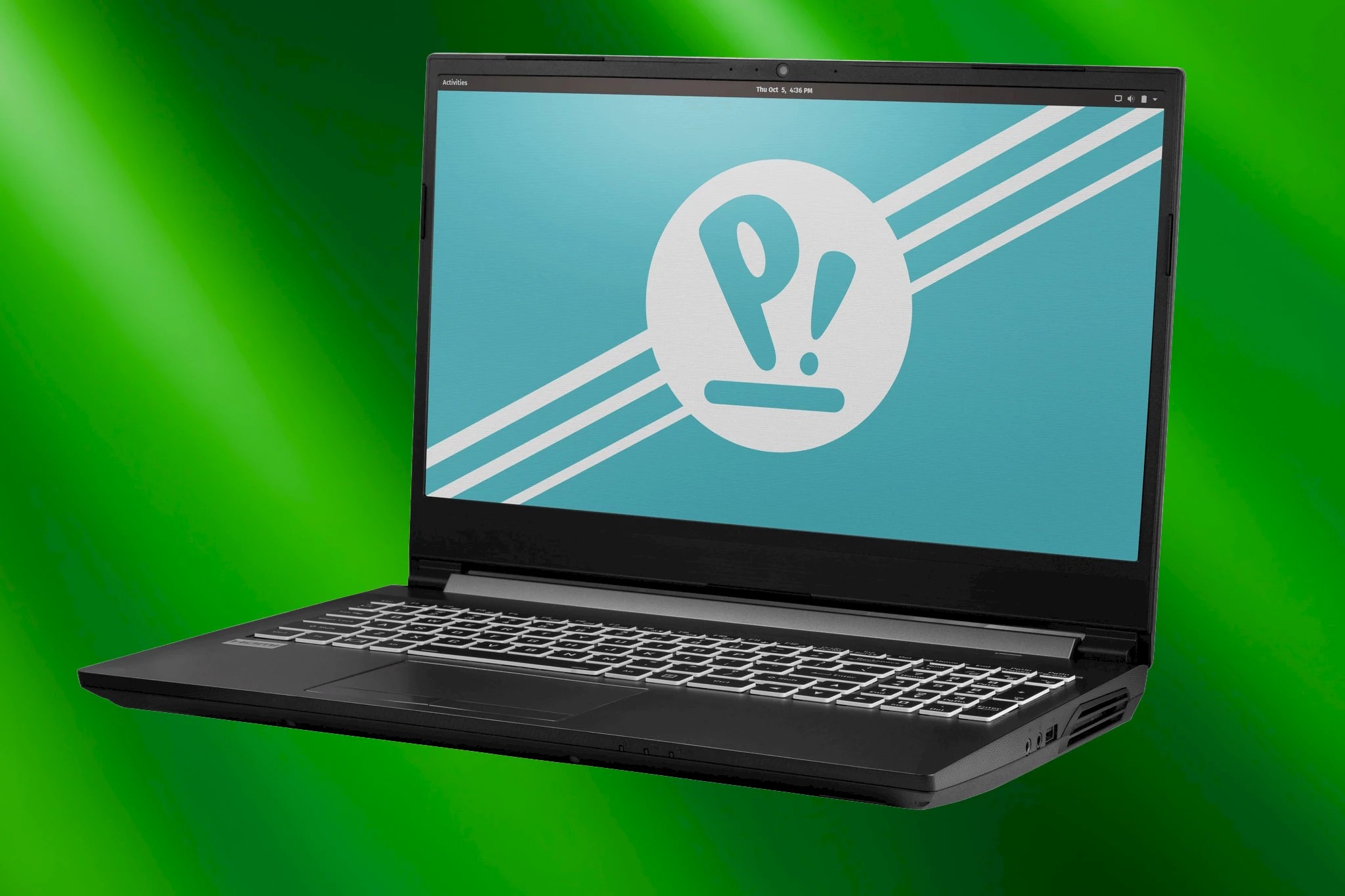Weekly Tech Recap - № 326 - A new coding AI, 64-bit Raspberry Pi OS, Linux laptop, Blackberry, and a new big crypto heist

A new coding AI from DeepMind

© iStock.
DeepMind has come up with AlphaCode, an artificial intelligence system that is not too shabby at cracking coding challenges. The Alphabet/Google subsidiary put its system to the test with Codeforces puzzles, which are used in programming competitions, and found that its system achieved respectable results, doing better than 45.7% of programmers. According to DeepMind, this result is a significant step forward, even if the coding challenges are not really representative of the type of tasks faced by programmers on a day-to-day basis. Oriol Vinyals, a senior researcher at DeepMind, told The Verge that while research was still in its infancy, these results brought the company closer to creating flexible AI that could solve programming problems.
Codeforces challenges, a kind of puzzle combining logic, math, and code, are different from the tasks you’d encounter when building a business application. They rely more on in-depth knowledge of algorithms and theoretical concepts in computer science. Ten of these challenges were put to AlphaCode in the same format as they are posed to people. The system generated as many answers as possible and sorted them after running the code and checking the results.
Other companies are working on similar apps. GitHub, for example, created the Copilot autocompletion system, which is based on OpenAI Codex, a machine learning model developed with the support of Microsoft. But the solution is not without its drawbacks: researchers have found that the function’s capabilities, trained with blocks of GitHub code, could introduce security vulnerabilities. More AI-based tools will surely make the tasks of software developers easier and faster in coming years, but the day when AI will completely replace people has yet to come.
⇨ The Verge, James Vincent, “DeepMind says its new AI coding engine is as good as an average human programmer.”
⇨ DeepMind, The AlphaCode team, “Competitive programming with AlphaCode.”
2022-02-02
Raspberry Pi OS in 64 bits

A Raspberry Pi 4 Model B, with a 64-bit Broadcom SoC. © The Raspberry Pi Foundation.
Raspberry Pis have included a 64-bit processor since the Pi 3 launched in early 2016, but Raspberry Pi OS (formerly known as Raspbian) stayed 32-bit for the most part. To address this, the Raspberry Pi Foundation started testing a 64-bit version of the OS in 2020, and recently announced that this version is now a fully supported option on all 64-bit Pi hardware, including the Pi 3, Pi 4, Pi Zero 2W, and all their variants.
The 32-bit version of Raspberry Pi OS is not going away, however. The Foundation will support it for older Pi and Pi 2 boards, as well as for those who would prefer to stick to the 32-bit OS. All Raspberry Pi operating system images can be downloaded from the Pi Foundation website.
⇨ Ars Technica, Andrew Cunningham, “64-bit Raspberry Pi OS exits beta, is available for all Pi 3, 4, and Zero 2 boards.”
2022-02-02
A powerful (but expensive) Linux laptop

Kudu. © System76.
System76 specializes in making Linux systems that are robust, well-built, and especially well-designed. It has just introduced Kudu, a powerful portable based on an AMD Ryzen 9 5900HX octa-core processor and an Nvidia RTX 3060 card, featuring a 15.6-inch matte FHD display (1920 × 1080, 44 Hz). Memory tops out at 64GB (DDR4 at 3,200 MHz) and the storage consists of two NVMe SSDs that can total 4TB. Prices start at 1,800 USD (2,280 CAD) and the full-out configuration costs 3,442 USD (4,365 CAD). According to System76, the RTX 3060 meets the needs of creatives and multitaskers, but the card is also handy if you like gaming after hours. Connectivity may disappoint, as there’s no Thunderbolt 4, contrary to System76’s Oryx Pro. While System76 devices come with Ubuntu pre-installed, you can also choose their Ubuntu-based Pop!_OS distribution.
⇨ Tom’s Hardware, Mark Tyson, “System76 refreshes Kudu Linux laptop with Ryzen 9 5900HX and RTX 3060 combo.”
⇨ Ars Technica, Scharon Harding, “System76 Linux workstation looks ready for gaming, too.”
2022-02-03
Blackberry hangs up the phone

BlackBerry KEYone. © BlackBerry.
Along with Windows Mobile and Nokia, BlackBerry was one of the heavyweights in mobile telephony before the iPhone disrupted the market in 2007. Unfortunately, like its two cohorts, BlackBerry was unable to withstand the competition and its market share steadily eroded. In 2015, the company abandoned the development of the BlackBerry operating system and launched into the Android world with the BlackBerry Priv. The following year, BlackBerry gave up developing phones altogether and permitted Chinese manufacturer TCL to produce phones under the BlackBerry license. The last diehard users of BlackBerry OS devices lost access to BlackBerry’s servers in early 2022 and were left with bricked devices.
In the last chapter of this sad industrial saga, BlackBerry announced the sale of its invaluable portfolio of patents in the field of mobile telephony for 600 million USD. The company says the patents relate to “mobile devices, messaging and wireless networking.” These are patents relating to BlackBerry phones, QWERTY keyboards and BlackBerry Messenger (BBM). The buyer, Catapult, is a new company with a huge amount of debt from the purchase, no product, and no cash flow. Critics are wondering how the company will monetize BlackBerry patents to keep the story going. They may just be plotting to sue anyone it deems to be in violation of its newly acquired assets.
⇨ Ars Technica, Ron Amadeo, “BlackBerry sells mobile and messaging patents for $600 million.”
2022-02-02
$325 million USD vanishes from crypto platform Wormhole

© iStock.
We recently reported on the 30 million USD that leaked out of Crypto.com. Another order of magnitude has evaporated from the Wormhole coffers: close to 350 million US dollars’ worth of Ethers! The decentralized finance (DeFi) platform has apparently been the victim of a flaw accidentally revealed in its GitHub repository. An update to the repository, which had not yet been deployed to the project itself, revealed a fix for a bug. In the few hours between the damning update in the repository and its commitment, a hacker exploited the flaw.
This cryptocurrency sinkhole is the 5th largest theft in history. The record is held by Poly Network, which hemorrhaged nearly 610 million USD last August. Strangely, the hackers returned the funds soon after. This theft (or just think of it as a loan…) surpassed the 535 million USD palmed from the Japanese company Coincheck during an attack in 2018 and the approximately 450 million USD in bitcoins lost by Tokyo-based Mt. Gox in 2014.
⇨ The Verge, Corin Faife, “Wormhole cryptocurrency platform hacked for $325 million after error on GitHub.”
2022-02-03
